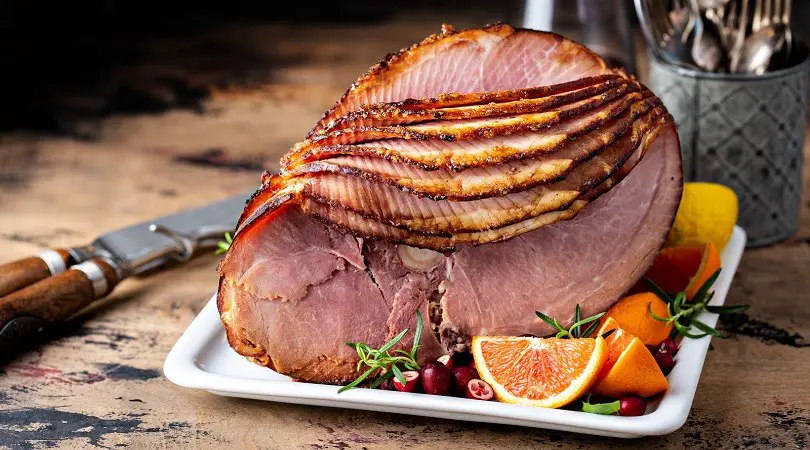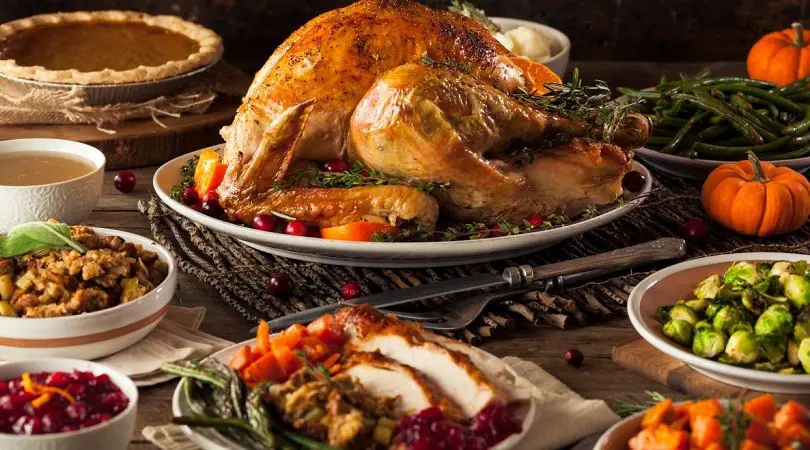Last Updated on July 20, 2023
Yes, you can eat carbonara when pregnant, but make sure to use pasteurized eggs and avoid raw or undercooked eggs. Carbonara is a popular italian dish made with pasta, eggs, cheese, and usually bacon or pancetta.
It is safe to consume carbonara during pregnancy as long as it is prepared with fully cooked eggs. Raw eggs can carry the risk of salmonella, so it is important to ensure the eggs are pasteurized to eliminate any potential health hazards.
By following these guidelines, pregnant women can enjoy this delicious dish without any worries.

Credit: loveourlittles.com
Understanding The Risks Associated With Carbonara During Pregnancy
Can You Eat Carbonara When Pregnant?
Pregnancy is a special time when women need to pay close attention to their diet to ensure the health and development of their baby. With so many food restrictions, it’s common to wonder if certain delicious dishes like carbonara can still be enjoyed during pregnancy.
Carbonara is a creamy italian pasta dish made with eggs, cheese, bacon, and pepper. While it may be tempting to indulge in this delightful dish, it’s important to understand the potential risks associated with carbonara during pregnancy.
Raw Eggs In Carbonara
One of the main ingredients in carbonara is raw eggs, which are used to create the creamy sauce. Raw eggs can pose a risk of salmonella, a type of bacteria that can cause food poisoning. During pregnancy, the immune system undergoes changes, making pregnant women more susceptible to infection.
Consuming raw eggs increases the risk of contracting salmonella, which can lead to complications for both the mother and the baby.
- Raw eggs may contain harmful bacteria like salmonella.
- Pregnant women are more vulnerable to foodborne illnesses.
- Consuming raw eggs can lead to complications during pregnancy.
Uncooked Bacon In Carbonara
Another ingredient commonly found in carbonara is bacon, which is typically not cooked thoroughly. Uncooked or undercooked bacon can harbor harmful bacteria such as listeria, which can cause miscarriage, stillbirth, or other serious health issues for the baby. It’s essential for pregnant women to avoid foodborne illnesses and ensure that all meats they consume are cooked to the recommended internal temperature to eliminate any potential risks.
- Uncooked bacon may contain harmful bacteria like listeria.
- Listeria can cause severe complications for pregnant women and their babies.
- Properly cooking bacon is crucial to minimize the risk of foodborne illnesses.
High Fat And Sodium Content In Carbonara
Carbonara is not only rich in flavor but also high in fat and sodium content. While healthy fats are essential during pregnancy, excessive consumption can lead to weight gain and other health complications. Additionally, a high sodium intake can contribute to water retention and increase the risk of developing gestational hypertension or preeclampsia.
It’s crucial for pregnant women to maintain a balanced diet and limit their intake of high-fat and high-sodium foods like carbonara.
- Carbonara is high in fat, which can lead to excessive weight gain during pregnancy.
- Consumption of excessive sodium can increase the risk of gestational hypertension.
- Maintaining a balanced diet is key to a healthy pregnancy.
While carbonara may be a delicious indulgence, pregnant women should exercise caution when considering whether to consume it. The risks associated with raw eggs and uncooked bacon, as well as the high fat and sodium content in carbonara, make it advisable to opt for alternative pasta dishes that are safer during pregnancy.
Prioritizing the health and well-being of both the mother and the baby is of utmost importance during this special time.
Safe Alternatives For Enjoying Carbonara During Pregnancy
Pregnancy is a time when you need to be extra cautious about the foods you consume. While traditional carbonara may contain raw or partially cooked eggs, which can pose a risk of salmonella infection, there are safe alternatives that can satisfy your carbonara cravings without compromising your health or the health of your baby.
Here are some tips for making carbonara safe and enjoyable during pregnancy:
Making Carbonara With Pasteurized Eggs
- Opt for pasteurized eggs: Pasteurized eggs have been heated to a temperature that kills any potential bacteria, making them safe for consumption during pregnancy.
- Look for pasteurized egg products: If you’re unsure about using raw eggs, consider using pasteurized egg products, such as liquid egg whites or pasteurized egg yolks. These products undergo a pasteurization process that eliminates any harmful bacteria.
- Cook the eggs: If you prefer to use raw eggs, you can still enjoy carbonara by cooking the eggs over low heat in the sauce. This will ensure that the eggs reach a safe temperature and eliminate any possible bacteria.
Cooking Bacon Thoroughly For Carbonara
- Crispy is key: Cook bacon until it is crispy to ensure that any potentially harmful bacteria are killed. Undercooked bacon may contain harmful pathogens that can be harmful during pregnancy.
- Use high-quality bacon: Opt for high-quality, fresh bacon from a reputable source. This will reduce the risk of contamination and provide a better taste for your carbonara.
- Drain excess grease: After cooking the bacon, drain excess grease on a paper towel to reduce the fat content and make your carbonara a healthier option.
Using Low-Fat And Low-Sodium Ingredients In Carbonara
- Choose low-fat options: Opt for low-fat ingredients, such as low-fat milk or cream, to reduce the amount of saturated fat in your carbonara. This is beneficial for both you and your baby’s health.
- Use low-sodium alternatives: Excessive sodium intake during pregnancy can lead to fluid retention and high blood pressure. Choose low-sodium options for ingredients like bacon, cheese, and seasonings to maintain a well-balanced diet.
By following these tips, you can enjoy a safe and delicious carbonara during pregnancy. Remember to prioritize your health and the health of your baby by making informed choices and using safe alternatives in your recipes.
Frequently Asked Questions Of Can You Eat Carbonara When Pregnant?
Can I Eat Carbonara When Pregnant?
Yes, you can eat carbonara when pregnant, but it’s important to ensure it’s cooked properly and made with pasteurized eggs.
Is It Safe To Eat Carbonara Sauce During Pregnancy?
Yes, it is safe to eat carbonara sauce during pregnancy as long as it is made with pasteurized eggs and cooked thoroughly.
What Are The Risks Of Eating Raw Eggs In Carbonara While Pregnant?
Consuming raw eggs in carbonara during pregnancy can increase the risk of foodborne illnesses such as salmonella.
Can I Eat Carbonara With Bacon During Pregnancy?
Yes, you can enjoy carbonara with bacon during pregnancy as long as it is cooked thoroughly and made with pasteurized eggs.
Are There Any Alternatives To Traditional Carbonara For Pregnant Women?
If you’re pregnant, you can opt for alternatives to traditional carbonara, such as vegetable-based or mock carbonara recipes.
Conclusion
To conclude, eating carbonara during pregnancy can be safe with a few considerations. While traditional carbonara contains raw eggs, the risk of consuming bacteria like salmonella can be minimized by using pasteurized eggs or cooking the sauce thoroughly. It is also essential to choose the freshest ingredients and to avoid unpasteurized cheese.
Moderation is key, as carbonara is a high-calorie dish that can contribute to excessive weight gain. However, it is perfectly fine to indulge in it occasionally as long as it is part of a balanced diet. Remember to consult with your healthcare provider if you have any concerns or specific dietary restrictions.
By making informed choices and ensuring proper food safety practices, you can enjoy carbonara without compromising the health of yourself or your unborn baby.









